Public
Ecovia Intelligence Events
Ecovia Intelligence Locations
Ecovia Intelligence News
Ecovia Intelligence News - pdf
Ecovia Intelligence Videos
If this is your company, CONTACT US to activate Packbase™ software to build your portal.


The Sustainable Foods Summit will take place in San Francisco on 20-22nd January 2016. The summit comprises four conference sessions and two interactive workshops.
Session One: Sustainability Best-Practices
With the United Nations declaring 2016 as the international year of pulses, the summit begins with a keynote on the importance of plant-based proteins. A pioneering company shares its experiences in making sustainable proteins from pulses and related plant materials. Why is the future of sustainable foods inter-linked with the future of proteins?
An international expert highlights the role of sustainable agriculture in tackling many of the environmental, social and economic problems of the modern world. Another speaker discusses the importance of water management, specifically the need to reduce the water impact of food and beverage products.
The growing importance of local food markets are highlighted, whilst case studies will be given of a leading retailer and foodservice company on how they are tackling the sustainability challenge. The session adjourns with featured speakers debating the growing complexity of sustainability in the food industry. How are, and how should, food companies & retailers be approaching this multi-faceted discipline?
Session Two: Ingredients for Sustainability
The palette of sustainable ingredients continues to widen for food and beverage applications. On one side, crops are being grown according to sustainable agricultural practices. On the other, technological processes are leading to new ingredients that have a lower environmental impact than their conventional counterparts. This session looks at important such developments.
With traditional proteins coming under scrutiny for their adverse effect on the environment, some novel sources of proteins are explored. The use of mushroom technology to change the profile of grains, sweeteners and related food will be explored.
Other papers look at the use of food waste to create clean label ingredients, and the use of algae as a sustainable source of food ingredients. Featured speakers will form a panel to discuss the role of new technologies in creating food ingredients.
Session Three: Marketing Developments
This session covers important developments in the marketing of sustainable foods, with a focus on free-from foods. With about 1 in 10 Americans suffering from food allergies or sensitivity, a growing number of consumers are seeking dairy-free, gluten-free or related products.
Details are given into this growing demographic, as well the market for free-from foods. What growth is projected in the coming years? What product categories have most growth potential?
A Californian brand shares its marketing and distribution experiences in the non-dairy category. Fresh consumer research is presented on the growing myriad of food labels: apart from eco-labels and free-from labels, what other food labels are gaining traction?
An update is given on GM labeling in the US. Case studies are given of a pioneering sustainable food brand and an innovative retailer. To conclude, featured speakers will discuss the future direction of food labels in the food industry. Will the number of food labels continue to proliferate or is some harmonization expected?
Session Four: Sustainable Packaging Solutions
Although packaging has high environmental impact, it is often neglected when food and beverage companies consider sustainability. This session looks at the various ways food and beverage companies can address their packaging impacts.
Latest research is presented on the packaging footprint of food and beverage products. How do differences in packaging materials affect environmental impacts?
An update is given on the use of eco-design approach, as well as biopolymers in packaging applications. With a growing move to re-direct packaging waste from landfill, the possibilities of closed loop systems for packaging are explored.
Success stories are given of food and beverage companies with innovative green packaging. To conclude, featured speakers will discuss how to overcome the obstacles to green packaging.
Workshop I: Business Openings in Global Eco-Labeled Food Market
This new workshop gives a detailed update on the global market for eco-labeled foods, highlighting business openings to existing operators and new entrants.
The market for organic, fairtrade and related labeled foods is growing at a healthy rate. However, what is the future growth outlook for this market? What eco-labels are the most popular and comprise most revenues?
What are the differences between North America and other regions? What are the business openings for brands and exporters? Such questions will be addressed in this new workshop, designed for food, beverage, ingredient and related firms.
Workshop II: Reducing Environmental Impacts
Although there is a general consensus that food and beverage companies need to do more to lower the environmental footprint of their products, it is not always clear what practical steps can be taken.
This workshop has been designed to assist companies get a better understanding of their environmental impacts with view of reducing them.
The workshop will give a general introduction to environmental impacts. Details will be given on how food and beverage products influence the environment in terms of sourcing of raw materials, production, distribution & logistics, consumption to post-use.
With the use of case studies, guidance and practical advice will be given to operators on how they can take positive steps to reduce their impacts.



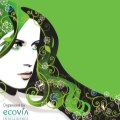
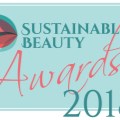







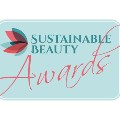

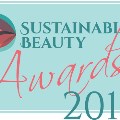
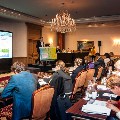
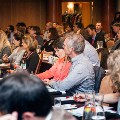
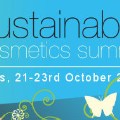




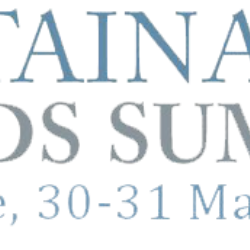





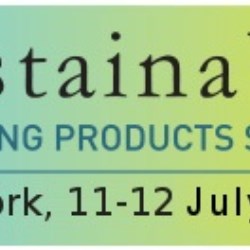
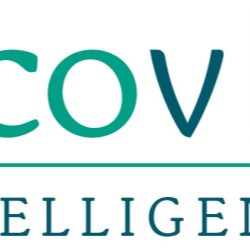
.jpg)


